ATLIS Motor Vehicles and Clemson University partner to advance development of EV batteries
Green Car Congress
FEBRUARY 23, 2021
and Clemson University have partnered to advance development of electric-vehicle batteries that charge faster, last longer and can be scaled to fit a variety of vehicle classes. Rao’s research is focused on understanding and exploiting the properties of nanomaterials for energy harvesting and energy storage.

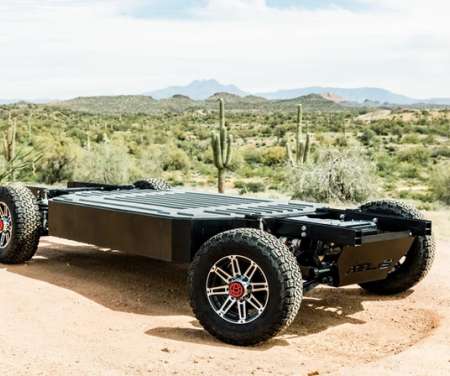

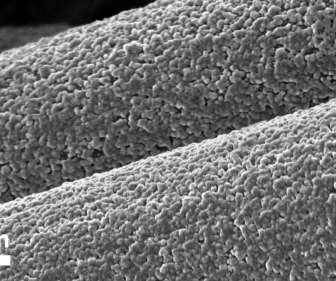

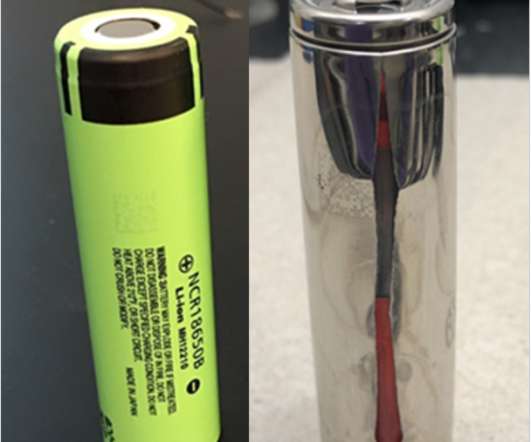

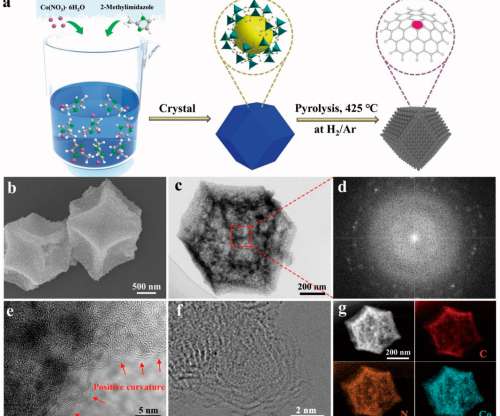

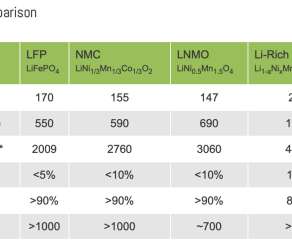










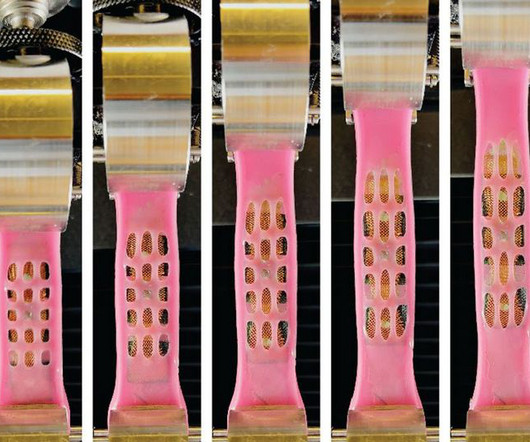







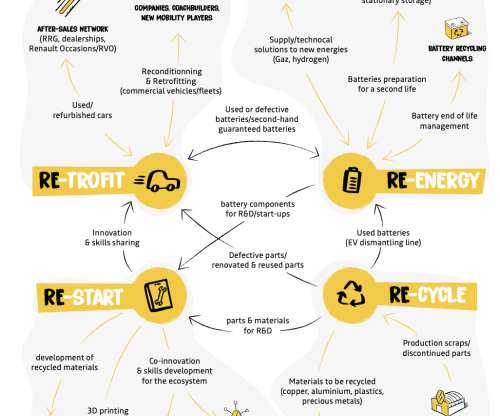










Let's personalize your content